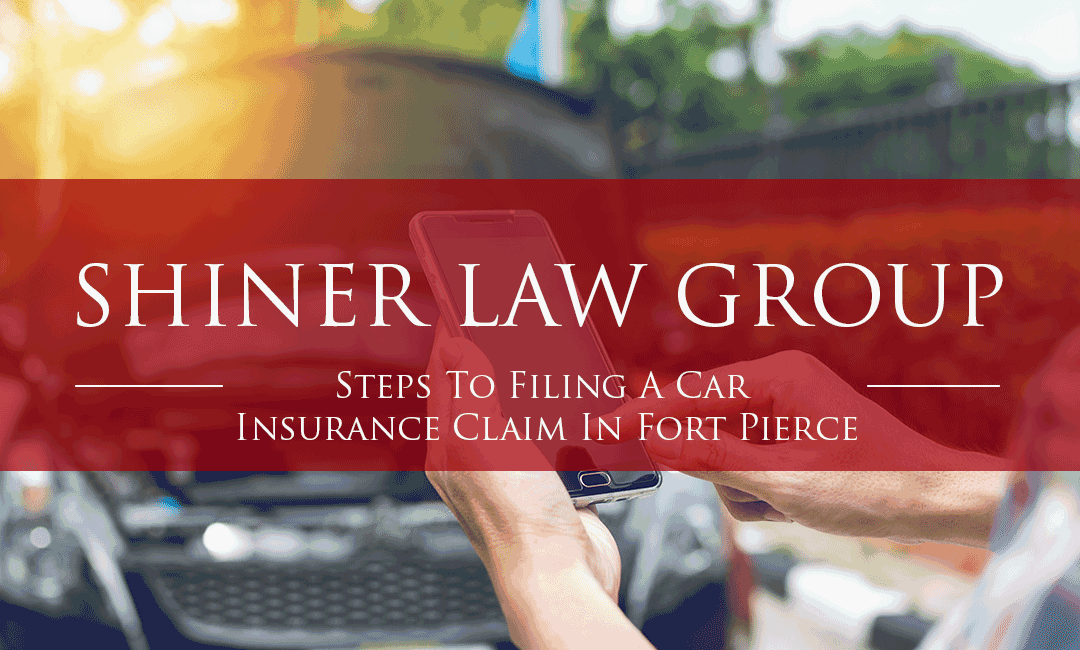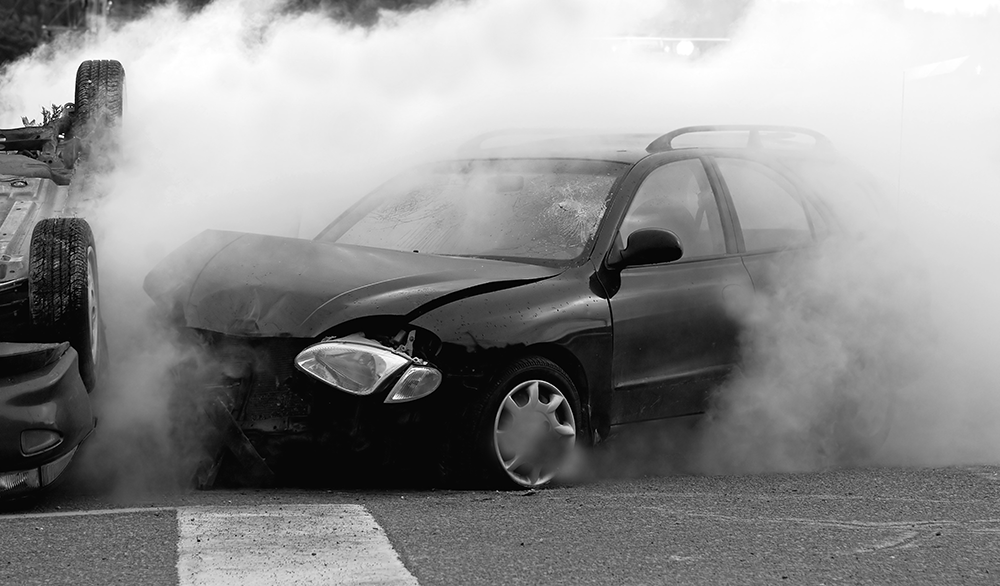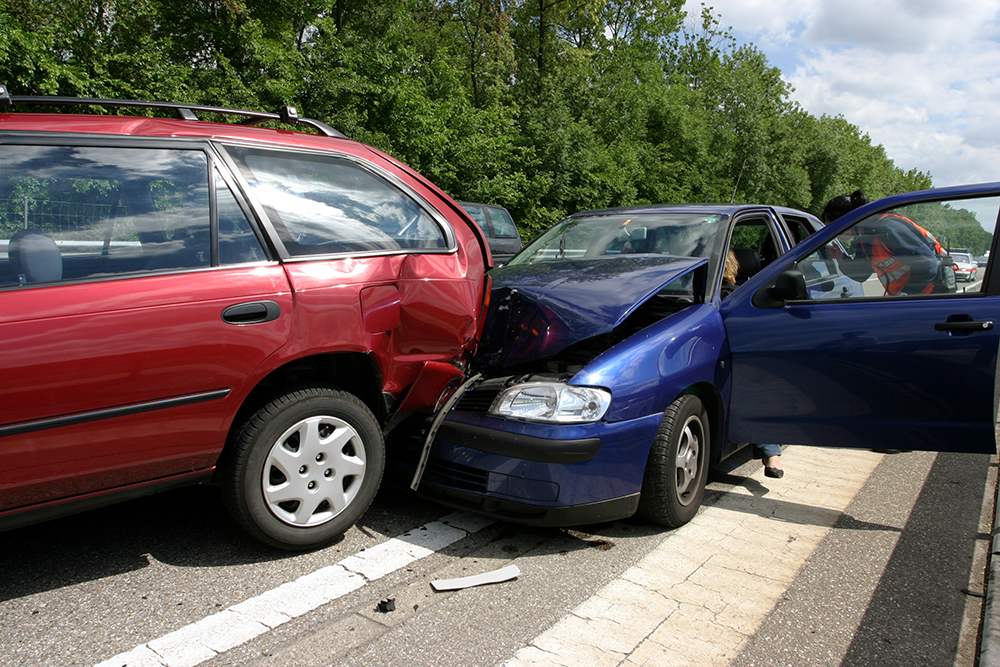An automobile accident can be a terrifying event for anyone even when there are no injuries sustained. However, it is still necessary to take proper actions after a collision to make filing auto insurance claims as simple as possible. Filing car insurance claims in Florida may seem demanding at first glance, but following the correct steps can ensure success.
To successfully file a car insurance claim, you should know your car insurance policy’s coverage levels for liability, damage, and theft. Further, you should know if your policy coverage is up to date. A quick policy review will allow you to determine whether your coverage is up to date. If you are involved in an automobile accident that results in damage to your car or other people’s property or if you are injured or cause injury to others, insurance can help you get back on the road. Here’s what you must do when to file a car insurance claim.
1. Contact Your Insurer
If you are involved in a car accident, contact your insurer as soon as possible by phone or email. When speaking to your insurer, make sure to have your policy number, the location of the accident, email, cell phone number and other contact information at hand.
2. Provide Necessary Information
In addition to the necessary information, you will have to provide information about the nature of the claim when you contact the insurer. Supplemental information may also be required including weather conditions, names of driver or passengers involved in the incident and time and date of the event/accident.
In case your car collided with another vehicle, the insurer will ask you to provide details about the driver like their name, insurance policy number and company, license plate and color and model of the car. If the police came to the scene of the accident, you might need a police accident report to file a claim for damage, personal injury or theft.
3. Talk to the Company Representative
An insurance claim representative will be assigned to you after you have provided the insurer all the relevant information. Evidence of your claims will be examined by this representative, and he/she will inform you how you need to move forward with the insurance claim process. Provide the information you have to the insurance representative and ask any questions you have about your insurance policy.
4. Provide an Estimate to the Insurer
Your insurer will require you to provide an estimate of how much the repairs will cost. Visit a repair shop to get an estimate and submit that estimate to your insurance company. Do not move forward with the repairs until your auto insurance claim has been settled. If you move forward without your claim settled, you may have to pay more than what you will get from the insurer.
5. Reach the Claims Adjuster
When you contact your insurer, ask them how you can reach the claims adjuster. The claims adjuster uses repair estimates, police reports and the documentation you provided for determining the fault.
6. Bodily Injury Claim
If your auto insurance policy includes personal injury protection (PIP) coverage, you can cover medical expenses incurred as a result of an injury sustained because of a car accident. For example, if you broke your leg because of a crash, you can file a bodily injury claim to get coverage under PIP. In this case, you’ll have to provide hospital bills and injury reports to your insurer.
7. Property Damage Claim
You can also file a property claim with your insurer. This applies when a valuable property that you were taking in your car was damaged because of the accident or stolen from your vehicle. For example, if you had an LCD in your car and someone collided with your car, crushing your LCD, you can file a property damage claim.
You’ll have to provide photographs of the damaged property when filing a claim. Some car insurance policies don’t cover property damage claims. Therefore, check your insurance policy to determine if your car insurance covers property damage.
8. Third-Party Claim
When a claim is filed with the insurance company of the other driver, it is called a third-party claim. When the accident occurs because of other driver’s mistake, you should take this route. Third-party claims can take more time to settle as you have to deal with other insurance company.
9. Finalizing the Claim
The insurance company will provide you a check if your claim is accepted. If you feel that the compensation/money given to you isn’t enough, you may ask your insurer to review your case and provide you with fair compensation. Talk to your insurer and tell them your concerns to work out a solution that suits you both. If you are not satisfied with how the insurance company handled your claim, you can contact the Department of Insurance.
If the insurance company denies your claim, you should talk to a lawyer to get legal advice about your insurance claim. They can take your case to small-claims court by bringing a bad faith claim against your insurance company.
However, before you take the case to court, you should try to get your issue resolved by contacting your insurance agent.
Bottom Line
Making an auto insurance claim after a road accident can seem overwhelming and scary. But, if you are prepared, the process will be less daunting for you. Understand your insurance coverage and know the steps you must take after a car accident. If you are involved in an accident, follow the steps mentioned above to ensure you get coverage for the expenses incurred because of the crash.





